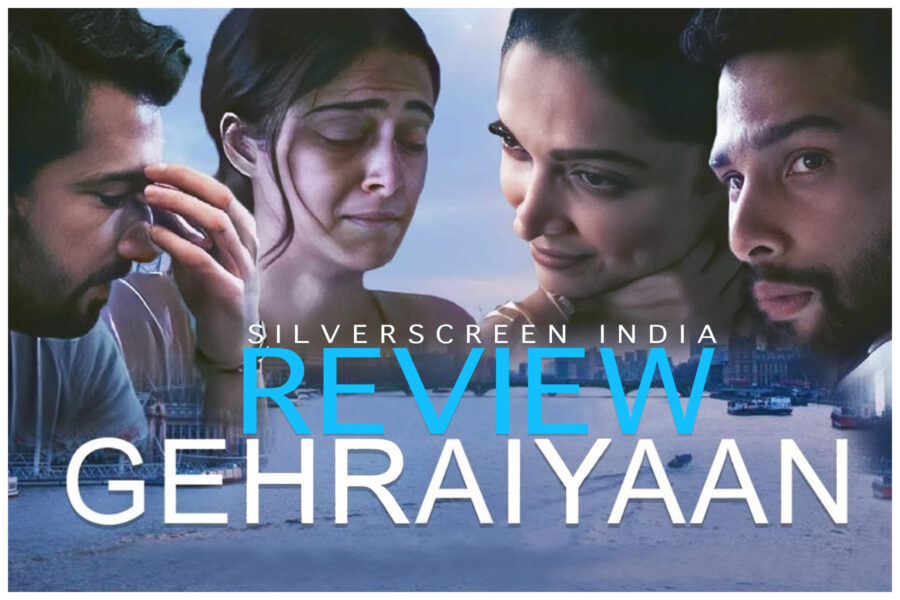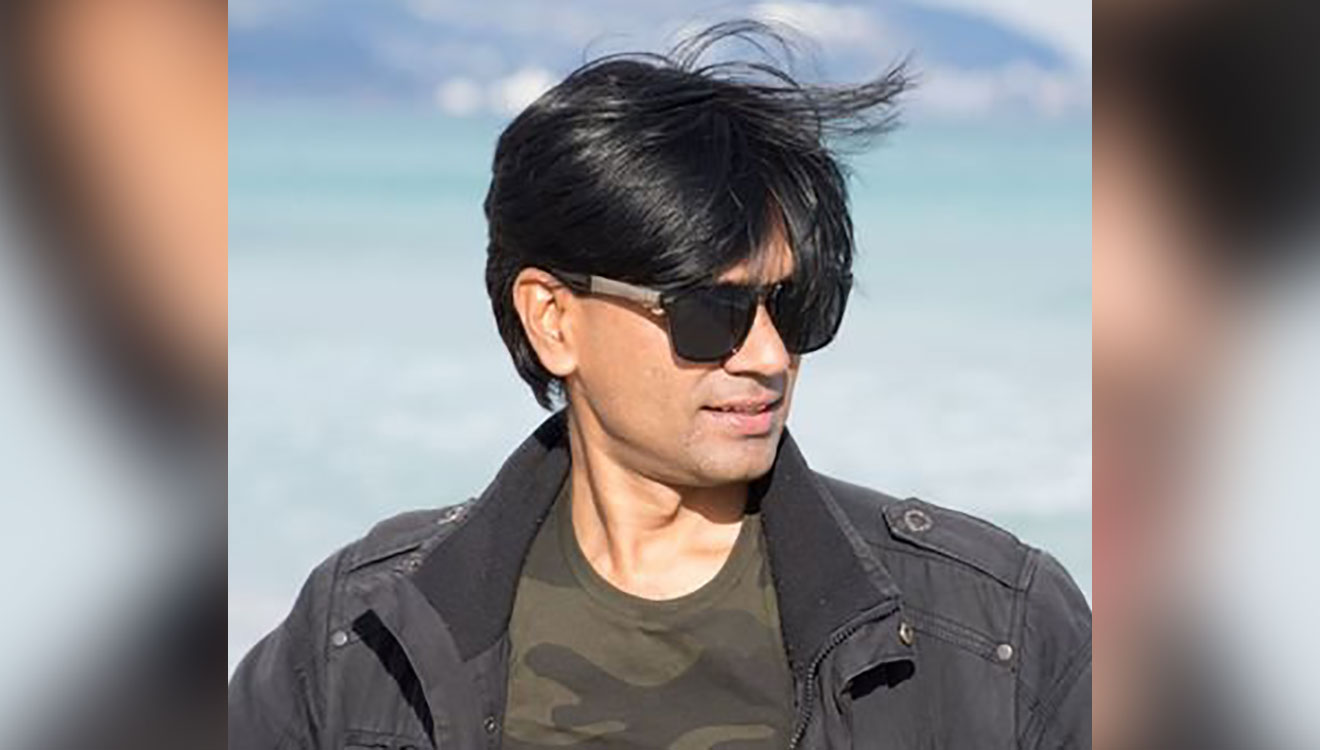Everyone in Gehraiyaan looks like they are exhausted by their urban lifestyle. The characters are young and beautiful, occupying enviable outer lives in a bustling city. Even while they are going through situations that push them to make deplorable decisions, they dress impeccably and look flawlessly photogenic. They live in spacious and posh apartments in an elite neighbourhood.
Director Shakun Batra, in his third film, sets out to explore what makes the four lead characters as profoundly unhappy as they seem.
During the pre-release promotion events, the cast and crew of the film repeatedly emphasised that Gehraiyaan was about “complex emotions.” The film is about infidelity, a theme that should not shock the Hindi cinema audience anymore. In the background, is a messy family history that serves as the root of all problems.
But the tendency to lie and stray in a romantic relationship is very much within human nature, not an aberration hard to wrap one’s head around. Monogamy is the complication, the tricky solution the engineers of civilisation introduced to straighten out social life. And one must note that the lead characters in the film are well-removed from the old norms. They live in a culture that encourages young people to choose separation over unhappy togetherness.
What must lead a film about infidelity are the complex scenario the characters go through. But Batra, bewitched by his creations, obsesses with capturing the characters in poses where they gaze into nothingness, brooding gorgeously, asking to be taken seriously. Even while deposing garbage, Alisha Khanna (Deepika Padukone), a yoga trainer, looks melancholic. Now and then, the film cuts to a shot of ocean waves, Batra’s shorthand for the complicated web of relationships in the film. But it doesn’t take very long for the viewer to sense the superficiality of the narrative, the essential artificiality of its characterisations and performances.
Emotions in Gehraiyaan are flattened out into vapid montages and screenshot-able images. The characters want to be likeable, but the film throws them off into the depths of poor writing, stripping them of any sign of real-life or poetry, condemning them to infinite blandness. Refusing to acknowledge the adultness of the characters, Batra keeps turning to their distant past, to the events that happened in the extended family during their childhood, to define them. A father who dragged his family to a village away from Mumbai. A little girl who couldn’t come to terms with separation from her friends. A hot-tempered father. A lonely childhood.
Batra doesn’t hold the moments, a disastrous directorial choice. He cruises through the scenes impatiently, trying to win over the viewer through a repartee or a dreary statement about life. As they are setting out on a two-day holiday in an Alibaug beach house, Karan (Dhairya Karwa), a struggling writer, tells Alisha, his live-in girlfriend, not to worry about taking a short break from work. “Life won’t change in two days,” he says, and the film takes a quick but definite pause here, waiting for the viewer to pick up on the ominous quality of that line.
The beginning of an unholy affair between Alisha and Zain (Siddhant Chaturvedi), an ambitious real-estate businessman, the fiance of her cousin Tia (Ananya Panday), is portrayed through banal moments, unsupported by a seductive moment or a talk that induces butterflies in the belly. The couple first meets on his private yacht. Soon, they start to flirt. A fatal kiss happens upon their return to the mainland, and in no time, they begin to see each other behind the backs of their partners.
But there is little sexual tension and chemistry between them. The fire is not intense enough to crush several lives, including theirs. The camera shoots Padukone from extremely flattering angles, highlighting her chiselled body, diligently as though it is the strongest tool the film has.
The film overlooks Alisha’s relationship with Tia. The women grew up together in Mumbai and were separated when their families could no longer stand each other. Alisha, the daughter of the poorer father, did not get the posh higher education in the US that Tia received. Love and bitterness vie for an upper hand in such relationships, but the film does not invest in it the way it does in the dull montages of Zain and Alisha having sex.
Towards its end, Gehraiyaan becomes an even more familiar drama, with generous soap-opera edges, about greed in the modern world. Zain chases money and sexual desire in equal gusto, a slippery slope. The woman he is seduced by cannot meet his financial needs and the woman who has the money cannot satiate his emotional and physical needs. A crime and subsequent cover-up happens, but the film does not change its gaudy tone.
Padukone does an impression of herself from Piku and Tamasha, melancholic without a context, strenuously delivering lines that sound like they belong to someone else. Chaturvedi is grossly ineffective as the lover and a dangerously ambitious man. Ananya’s inexperienced, rawer performance comes across as more impressive than the rest.
Naseeruddin Shah, the veteran actor, stuns in a role that asks for nothing but a screen image he has built over the recent years, of a formerly tough father yearning to keep in touch with his kids. Shah lives with a cat, a cliched representation of his loneliness.
Recommended
Vinil Paul’s Hasee Toh Phasee, a film set on a similar but far more complicated ground, benefited immensely from its earnest airiness. It recognised the fable-like quality of its plot – one must choose love over material wealth. It stayed off of the danger of taking oneself seriously. Gehraiyaan, punching above the weight of its plot, aspiring to become a product that is both artistic and sellable on social media, becomes a boring parody of a modern relationship drama.
*****
This Gehraiyaan review is a Silverscreen original article. It was not paid for or commissioned by anyone associated with the movie. Silverscreen.in and its writers do not have any commercial relationship with movies that are reviewed on the site.



